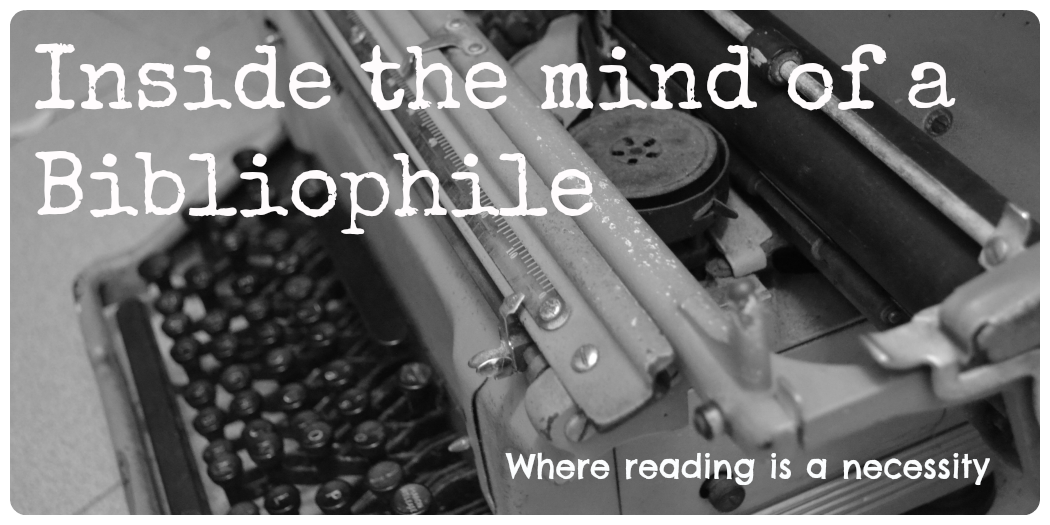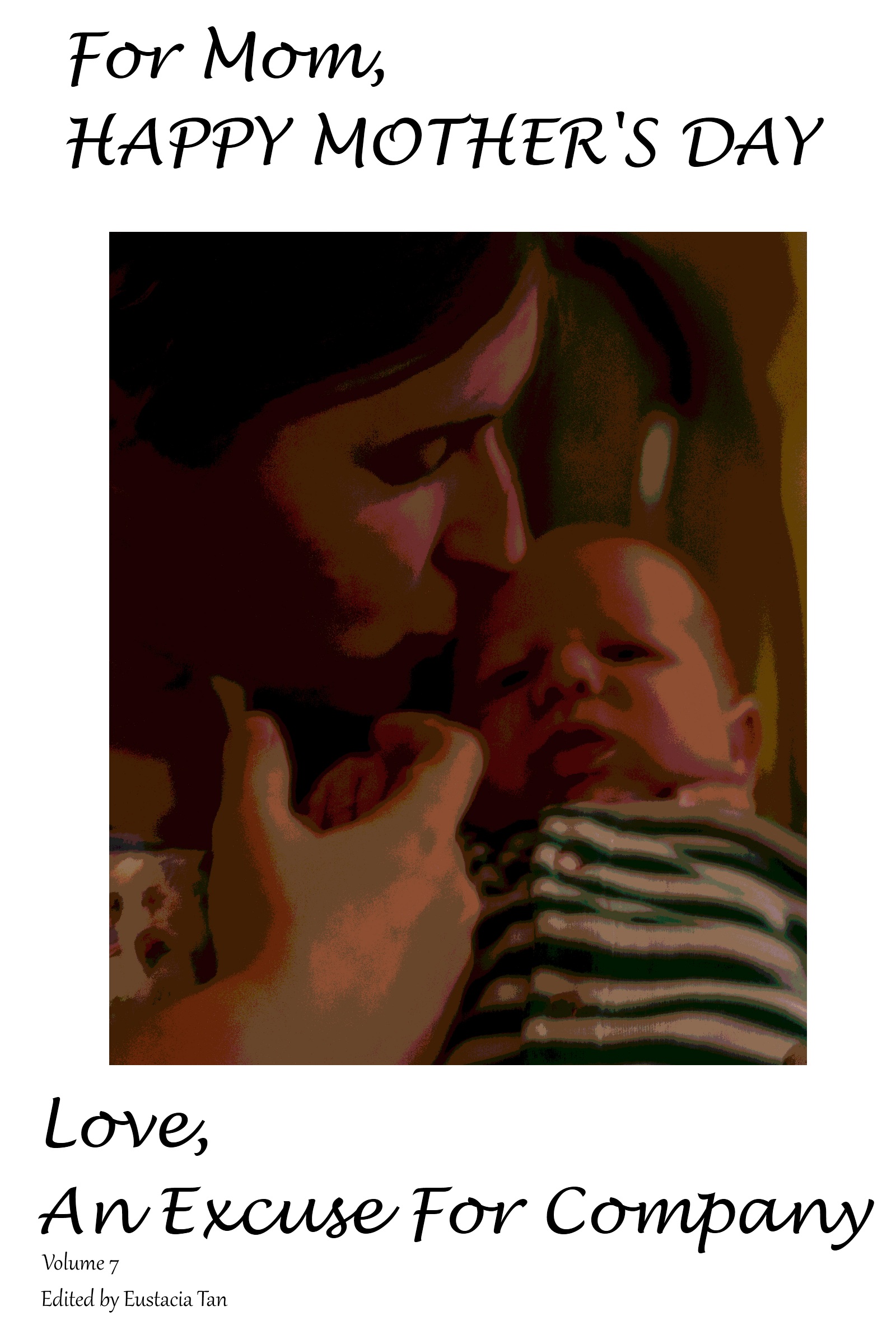I'm a huge fan of fiction set in Japan, so I should be thrilled with Ink right? I mean, it has Kendo (that alone could make or break a deal), the lead guy's name is Yuu (my nickname in Japanese) and another character's nickname is Tan (my name). But, after reading this, I can honestly say - if you're looking for Japanese-inspired fiction, you'll be better off with Benjamin Martin's "
Samurai Awakening"(link to review).
The only saving grace of Ink was it's premise. I was irritated with the main character - Katie, and I have a few complaints about the Japan in the book.
But do keep in mind (wow, a disclaimer comes so fast!), that I would be stricter with a book like this because I live in Japan, I study here, and I also practice kendo.
Let's start with what I like: I like the premise of the
Kami. It's a pun that I think all students of Japanese note, and I was really happy with the concept. I do wish though, that more details had been revealed - the book is unfortunately scant with my favourite part.
Now, about the Japanese part. There is no clear distinction between Japanese and English. There are Japanese words (normally in romaji, but occasionally in hiragana/kanji) thrown in, but instead of adding flavour, it just confused me. So when is Katie speaking in Japanese? When is she speaking in English? She's either way better than she first claimed, or she just happened to make friends who speak exceptionally good English (or at least, speak like a teenager).
About the Japan part - there are references to conbini's (love them!) and such, but most of the book is filled with "YUU TOMOHIRO. I FOLLOW HIM EVERYDAY. AND HE LOOKED UP MY SKIRT CAUSE I CLIMBED A TREE". Ok, the last sentence happened only once, but really early on in the book.
Yuu Tomohiro, if you didn't know, is this very cute male protagonist that reminds me of a manga character. Seriously. The way he's described.... I haven't seen anyone that looks like him (sorry friends). He's cool though, and apparently very good at kendo. The female lead, Katie Greene, is pretty much useless unless you're looking for a witness. But she's "plucky" and that's all that counts right? Personally, I find most shojo manga (girl manga) leads to be much much less annoying than her.
Kendo - the most important part. What I want to know is, how does Katie get so good at Kendo so fast? And why are highschool students doing tsuki? (Tsuki is a hit to the throat, and as far as I know, is limited to university students and above). There's also way too little kendo for my taste. Oh, and why is Katie wearing her bougu so fast? Like, at the end of the novel, she says she's been here "four or five months", and she did not start kendo straightaway. There is no way she could have progressed to bougu stage unless she had prior experience. Or you know, if she trained everyday, but she has two other bukatsu's/circles (clubs). One more thing, why are the senior's helping her remove her "armour" (it's bougu!) - you are taught to put on and remove it yourself. The only time I remember having people help me would be when I'm hyperventilating and can't take it out because my hands are cramped up.
To me, this is a love story with an attempt to throw in bits and pieces of Japanese culture. It could conceivably take place anywhere in the world and I doubt there would be a huge change if it were so. The only saving grace of the novel would be the concept of the kami itself. Personally, I'd recommend Samurai Awakening if you want to read a novel set in Japan rather than this.
Disclaimer: I received a free copy of this book from NetGalley in exchange for a free and honest review.






